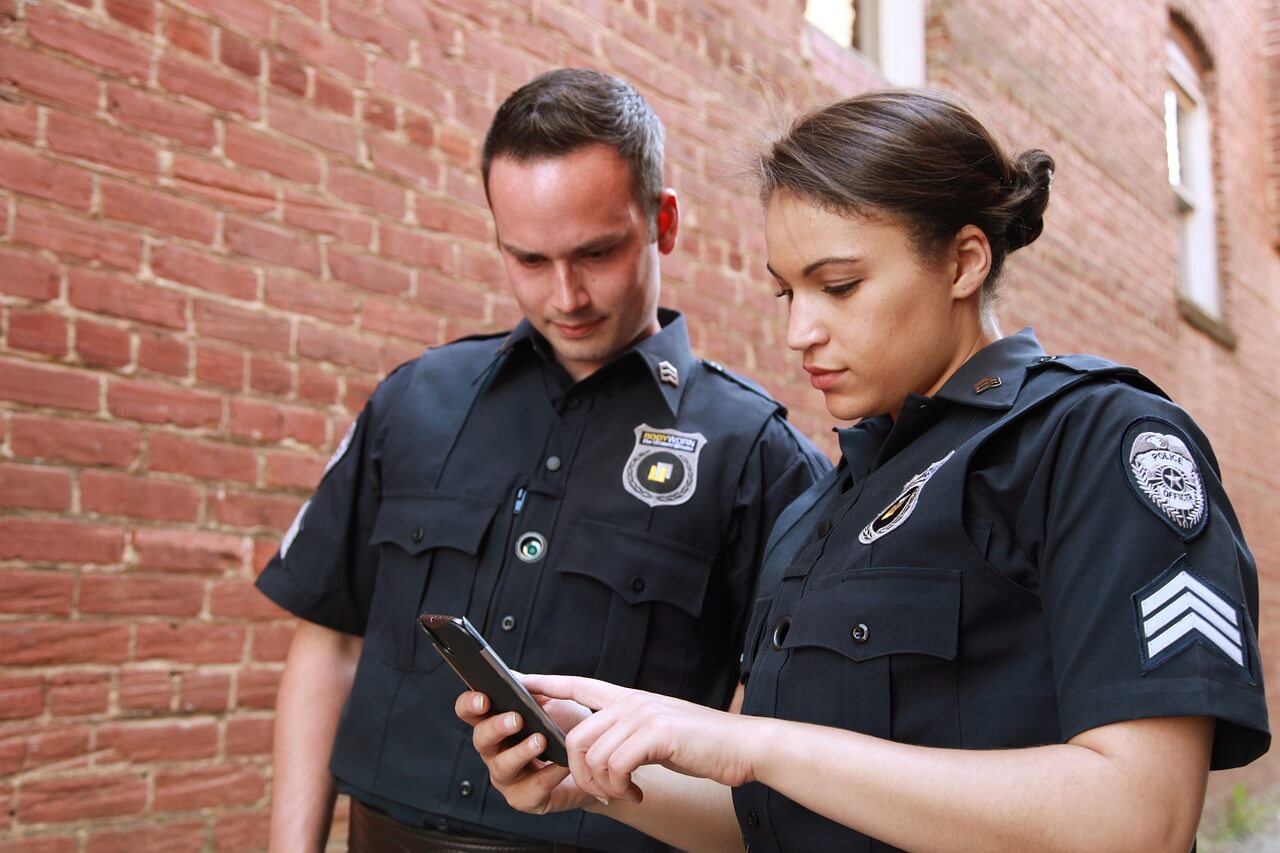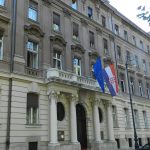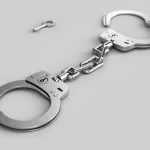With diplomatic immunity already being mentioned in this series, we saw that the Croatian Ministry of Foreign and European Affairs (MVEP) following the terms of the 1961 Vienna Convention on Diplomatic Relations, dedicated a special part to diplomatic immunity in its Protocol guide for diplomatic missions accredited to the Republic of Croatia. This guide is another confirmation of how MVEP, as it previously explained to TCN, finds diplomatic relations very important, particularly representing the interests of Croatian companies and the Croatian economy, which back in March was evident in a successful agreements FM Gordan Grlić Radman achieved for Croatian entrepreneurs on the Egyptian market.
„In a constant effort to provide, in a timely fashion, quality support to diplomatic missions, diplomats, and other members of missions, the Diplomatic Protocol is happy to present a brief guide for diplomatic missions with useful guidelines concerning ceremonies and visits, and privileges and immunities. The guide is meant for information purposes only, and we hope it will help diplomatic missions and their members enjoy successful terms in office in Croatia“, says the opening of the Protocol guide. Guide also points out how „The Diplomatic Protocol of the Ministry of Foreign and European Affairs is the principal address for diplomatic missions accredited to Croatia“.
Apart from previously mentioned diplomatic immunity, the guide also explains the details of welcoming new diplomats as well as the procedure of escorting the diplomats on their departure from Croatia.

Pixabay
Ground/air arrivals
So, when the Ambassador arrives in Croatia, the Diplomatic Protocol, Ceremonies, and Visits Department informs the competent authorities. What is interesting is that the rules in the protocol differ in practice pending how Ambassador comes to the country.
„If the Ambassador arrives by a road border crossing, then the head of the Ceremonies and Visits Department will schedule the earliest convenient date for a visit to the newly appointed Ambassador at the official residence or the Embassy of the sending state“, explains the guide.
The other option is by airplane.
„When the newly appointed Ambassador enters the state territory of the Republic of Croatia for the first time at a border crossing at the Zagreb International Airport, his/her VIP treatment will have been arranged and, during office hours, he/she will be greeted by the head or a representative of the Ceremonies and Visits Department“, says the guide.
The Embassy also sends a diplomatic note to the Diplomatic Protocol to arrange details and date regarding the presentation of credentials to the President of the Republic of Croatia and of copies of the credentials to the Head of the Diplomatic Protocol of the Ministry of Foreign and European Affairs of the Republic of Croatia. This is important as it confirms the Ambassador is not just a visitor but a legitimate representer of his/her country and appointed by the authorities of the country that enjoys bilateral relations with Croatia. And proper goodbyes at the end of the Ambassador term are in order as well.
„When an Ambassador is to depart from the Republic of Croatia, his/her Embassy will send a note to the Diplomatic Protocol advising of the date and time of his/her departure. The Ceremonies and Visits Department then notifies the competent authorities of the time and place of his/her departure from the state territory of the Republic of Croatia. VIP treatment at Zagreb International Airport will be arranged“, explains the guide.

pixabay
Friendly and safely
As foreign ministers frequently travel to other countries, embassies have a key role in making those visits.
„An Embassy in the Republic of Croatia notifies the Diplomatic Protocol in a diplomatic note of the visit of a Minister of Foreign Affairs to the Republic of Croatia. All further details concerning the visit are conveyed to the Diplomatic Protocol in a diplomatic note. In the case of an official or working visit, the Ceremonies and Visits Department is responsible for the logistic support. The Ceremonies and Visits Department will in further communication with the Embassy in the Republic of Croatia arrange the details of the organization of the meetings requested. This includes accommodation in the previously agreed format, transport, protocol and security. At the proposal of the Ceremonies and Visits Department, or at the request of the Embassy, free time will be organized as well. If the proposal is accepted, the Ministry of Foreign and European Affairs will cover the expenses of the proposed part of the program“, explains the guide.
There is even an interesting prescription regarding the safety of politicians visiting the country. As the guide points out, the arrival of a protected person, delegation and security staff needs to be announced at least 48 hours prior to entering the territory of the Republic of Croatia. Pending on the rating of the protected person varies the allotment of firepower allowed to be carried in Croatia by the security staff. Three pieces of firearms along with ammunition for the Head of State, 2 pieces of firearms for a Parliament Speaker or a Prime Minister, and one piece of a firearm for the Minister of Foreign Affairs or a Head of an International Organization and Institution. Of course, this norm can be changed pending „on the basis of the judgment of the security department in charge, or on the basis of reciprocity“.
„When announcing the arrival of a protected person, delegation and security staff, a detailed program of activities needs to be submitted“, informs the guide.
Info such as times of arrival in and departure from the Republic of Croatia, the border crossing to be used for entering and exiting the state territory of the Republic of Croatia, personal information including passport numbers of nationals of non-member states, ID numbers for citizens of EU Member States as well as brand, type and a serial number of firearms and quantity of ammunition that foreign security staff will be bringing into the Republic of Croatia must be provided in the program of activities.
It may sound a bit strict but easily manageable by professionals in a friendly bilateral relationship, allowing to conduct diplomatic relations without fuss. One such important recent visit to Croatia came from the US Department of Homeland Security Officials in Croatia regarding visa-free travel. No doubt, these established rules were vital for that visit as for many others to come in the future as Croatia continues to nourish diplomatic ties with its allies.
To read more from the series “Friends of Croatia”, follow TCN’s dedicated page.
For more about diplomacy in Croatia, follow TCN’s dedicated page.











